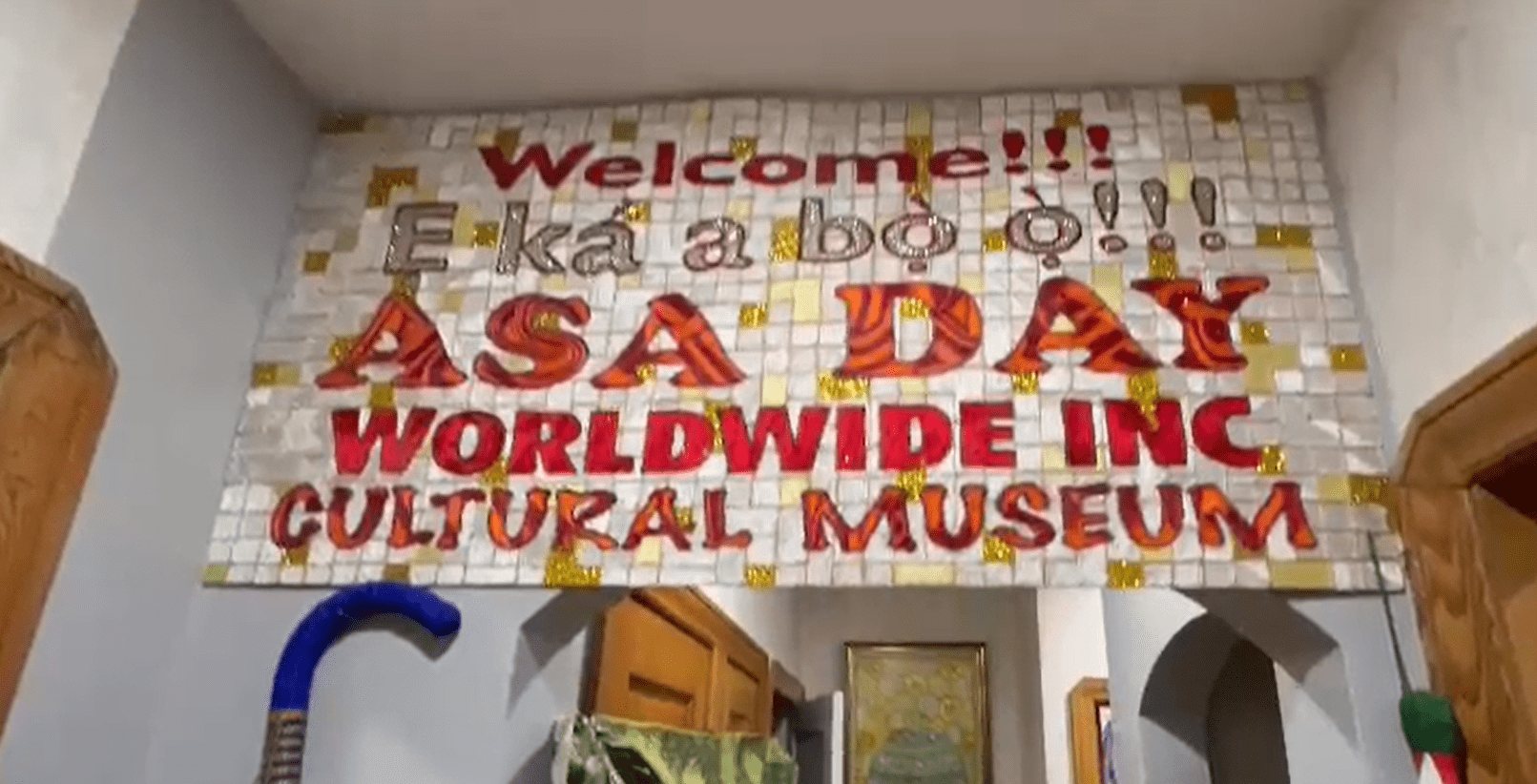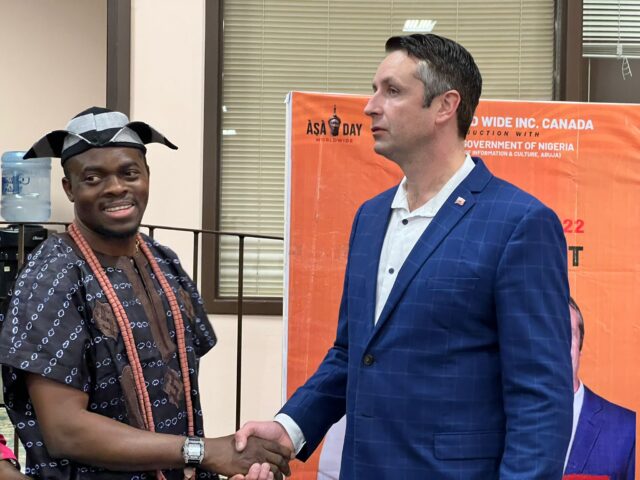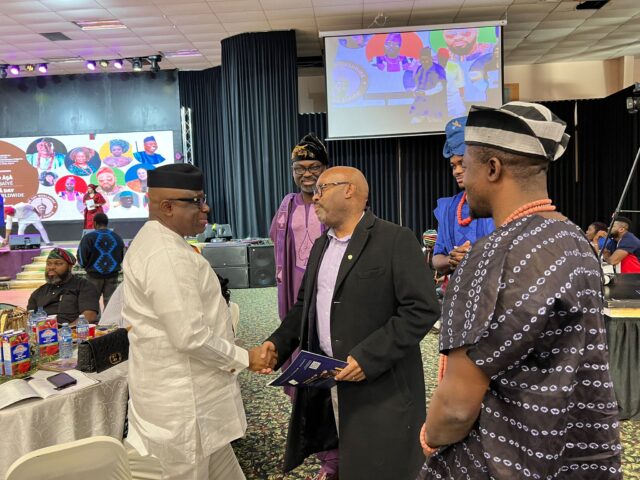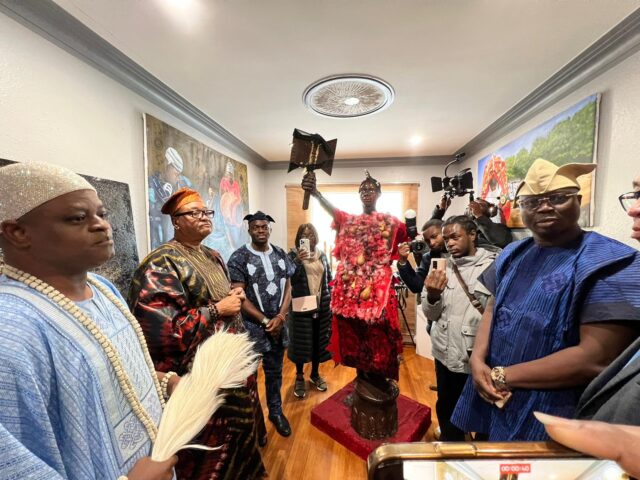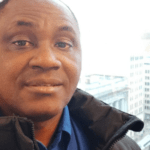One man’s desire to protect the slow death of his native language and culture has led to the opening of a unique museum in Winnipeg.
The Asa Museum, which showcases Yoruba culture, opened its doors on Nov. 25, following in the footsteps of the Canadian Human Rights museum. This latest addition to the city, which is slowly becoming a place for the preservation of history.
“Interest in our local language isn’t there amongst our younger generation, which is one of the reasons that inspired me to establish the museum,” said the Founder and President of Asa Day WorldWide Cultural Inc. Joel Oyatoye.
“We want our Yoruba people — as well as people from all walks of life — to gain access to our culture directly, without the interpretation of religion and educational stereotypes.
The Yoruba ethnic group is from the western part of Nigeria in West Africa and the people are renowned for their love of education and industry. They are considered one of the three major ethnic groups in Nigeria and their numbers have been steadily growing in Manitoba over the past 10 years. Worldwide, more than 46 million people speak the Yoruba language as their mother tongue.
At the museum opening, Oyatoye said entry to the museum will be free and that he plans to reach out to schools, NGOs and civic organizations around Manitoba to build awareness of Yoruba culture.
At the Grand Finale of the Asa Day events, Winnipeg mayor Scott Gillingham spoke about the growing influence and presence of immigrant communities such as the Yorubas as being part of the growth of Winnipeg. He praised the organization’s efforts to preserve the culture and heritage of the Yoruba tribe for the young people who were growing up far away from their roots.
Oyatoye said the idea of a museum dedicated to Yoruba cultural heritage began in 2020 and he spent a year in Nigeria collecting various artefacts. Currently, there are about 50 items in the museum, which include paintings, carvings and drums. He added that it costs more than $2,000 a month to maintain the museum – something he does without any external financial support.

Oyatoye acknowledged the support of the Nigerian government – through the federal Ministry of Information and Culture – in the organization and planning of annual Asa Day events. This year, four artists from Nigeria and two from the U.S. were invited to the events in Winnipeg. The festivities included traditional Yoruba songs, poetry and drama presentations. The rich cultural background of the Yoruba people was on display throughout the day with vibrant colours of traditional dress and the use of the language in communicating and storytelling.
_______________________________
This story was written for the Reader Bridge as part of a partnership with Winnipeg Free Press.
Emmanuel Nwaneri is a journalist with about 27 years of writing, travel and journalism experience in Nigeria, South Africa and Australia. He moved to Johannesburg in South Africa where he spent 10 years as a writer, journalism tutor and commentator. His time in South Africa afforded him the chance to observe the fast-changing dynamics of a country popularly-known as “a rainbow nation." He relocated to Winnipeg with his family in 2018 where he has since found interest in the Customer Service industry. He has published Once Upon A Woman and is working on a second work of fiction.

